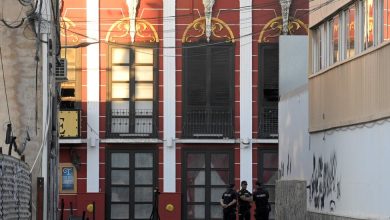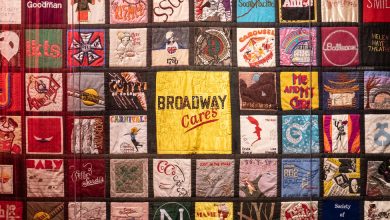A reporter covering the war reflects on the legacy of the Holocaust.

LUBLIN, Poland — On a recent morning, I sat in the sun-filled dining room of a tidy house in eastern Poland, across from one of the most generous men I’ve ever met.
He was a Polish apple farmer who took in eight Ukrainian refugees, all complete strangers, and gave them a place to stay, cooked them meals, brought them armloads of fresh bread every morning and has been trying to find them jobs.
But when it came to talking about World War II, this is what he said: “The real disaster started when the Russians invaded. The Russians were worse than the Germans.”
“The Germans,” he said, “did not hurt ordinary people.”
My first reaction fell somewhere between disappointment and silent outrage: How could this farmer be so kind and so blind? How could he say the Germans didn’t hurt “ordinary people” when they murdered millions of Jews right here in Poland? The biggest death camps were in Poland, and the more I thought about it, the more I was shocked by what the farmer said.
But then I realized he and I were actually engaging in a similar type of thinking.
He couldn’t stop obsessing about Russia, which occupied Poland during World War II and controlled it for many decades afterward, and is now dropping bombs just a few miles from the border. And I couldn’t stop thinking about the Holocaust. Neither of us had lived through all that history ourselves — the trauma was handed down to us from our families — but both of us were trapped in the past.





